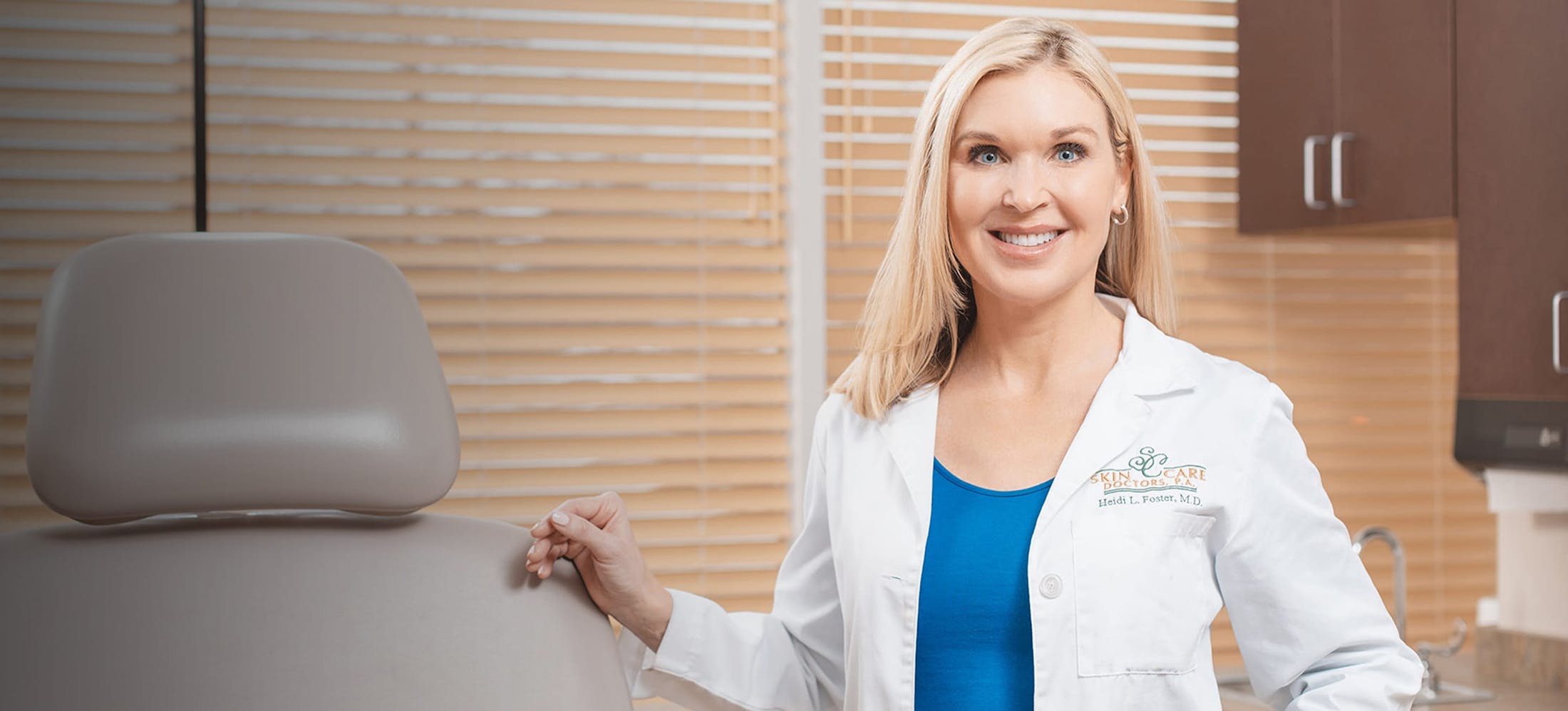Leg pain can be a common occurrence for many people, but when caused by venous disease, it can be a more serious issue. Our experts at Spartz Vein can determine the underlying cause to ensure your veins are healthy.
Who Gets Leg Pain?
People with venous disease can experience leg pain as one of the symptoms. This is because venous disease can cause the veins in the legs to become damaged or weakened, leading to poor circulation and increased pressure in the veins. This can result in pain, swelling, and discomfort in the legs, especially after prolonged periods of standing or sitting. Other symptoms of venous disease may include varicose veins, skin changes, and ulcers. If you are experiencing leg pain or any other symptoms, seeking medical attention is essential to determine the underlying cause and receive appropriate treatment.





